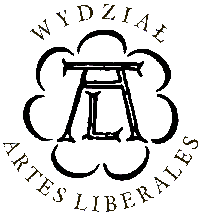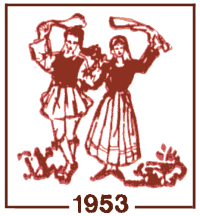The project is financed by the National Science Center and carried out at the Faculty „Artes Liberales” at the University of Warsaw in cooperation with the Dora Stratou Dance Theatre


| Testimony of: | treating / gifting |
| Source | Οικονομίδης 1985, 30 |
| Original text | Κατά την διάρκειαν του Μπάλλου τρατέρνει (προσφέρει) ο χορευτής κρασί, παραγγέλλων εις μαγαζάτορα ευρισκόμενον εις πλησίον δωμάτιον ή προχείρως εκεί εγκατεστημένον παράπηγμα όπου υπάρχουν ποτά και λουκούμια. Εκ των κύκλω παρευρισκομένων όσοι έχουν συγγένειαν ή φιλίαν τρατέρνουσι τους χορευτάς και κάποτε και τους οργανοπαίκτας. Ο χορευτής πίνει τον εντός μικρών ποτηρίων προσφερόμενον οίνον, η δε ντάμα έστω να φάη ένα λουκούμι. Τα υπόλοιπα λουκούμια, ευθύς ως τα λαμβάνει τα προσφέρει εις τας φίλας, τας γνωστάς της και τα μικρά παιδιά που παρακολουθούν τον χορόν. Παλαιότερον ενθυμούμαι, μία των καθημένων είχε "της χορεύτρας ένα μαντήλι και της τά 'δωνον η χορεύτρα και της τα φύλαε και τά 'παιρνεν άμα ετελείωνεν ο χορός". |
| English translation | During the Ballos dance, the dancer offers wine ordered from the shopkeeper located in the nearby room, or where there are drinks and loukoumia sweets [rahat lokum, delights]. In the circle of bystanders, whoever is in relations of kindred or friendship with the dancers treats them as well as the musicians playing the instruments. The dancer drinks the offered wine from small glasses, and the dame needs to eat at least one lokum. The rest of the sweets she should give either to her friends, or her acquaintances and small children who are gathered at the place. In the older Times, I recall, they were “giving kerchiefs of the dancing girls to one sitting girl who was holding them until the end of the dance”. |
| Region of occurence | Naxos - Show on map |
| Function |